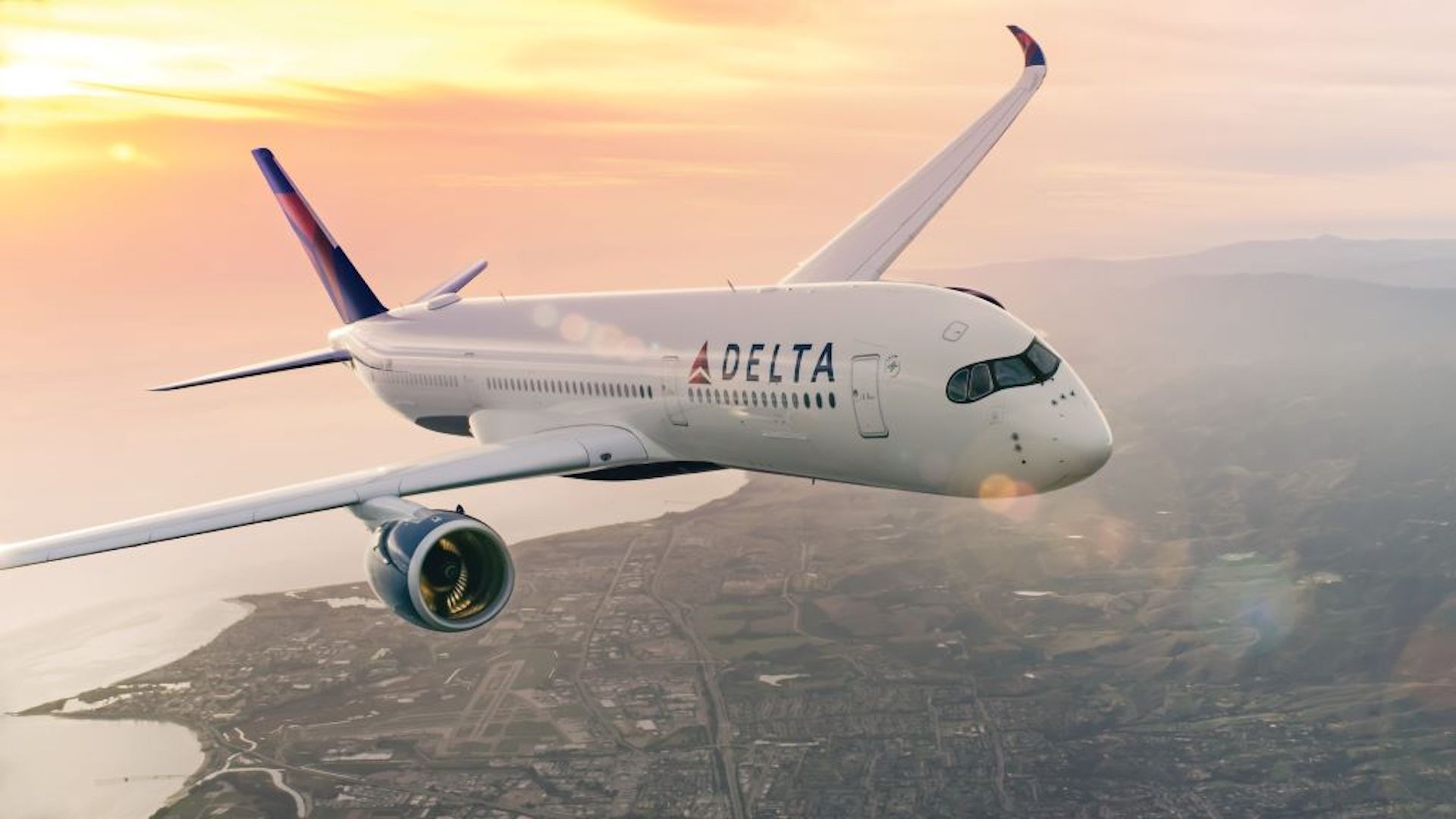In a recent report, Delta Air Lines announced a significant surge in its fourth-quarter profit for the year 2023, largely driven by robust demand for international travel. This surge in profit marks a pivotal moment for the airline, reflecting a strong recovery in the travel industry. However, despite this impressive growth, Delta provided a more conservative earnings forecast for 2024 than previously anticipated.

Ed Bastian, the CEO of Delta Air Lines, highlighted the airline’s flourishing business, citing crowded airports as a testament to the high demand for travel. However, the airline has been navigating a complex landscape marked by higher operational costs throughout 2023, particularly in areas like fuel and labor. For the year 2024, Delta forecasts adjusted earnings per share to be in the range of $6 to $7, a slight decrease from the over $7 per share projected last year.
This revised forecast led to a 5% drop in Delta’s stock during premarket trading. In 2023, the airline reported adjusted earnings of $6.25 per share. The airline expects a 3% to 6% increase in revenue for the first quarter of 2024 compared to the previous year. Despite the winter season typically being a slower period for air travel, Delta’s forecast aligns with analysts’ expectations.
Delta’s performance for the last quarter of 2023 exceeded Wall Street expectations. The airline reported a net income of $2.04 billion, a significant increase from $828 million the previous year. Revenue also saw a 6% rise, reaching $14.22 billion. Adjusted for one-time items, Delta’s revenue stood at $13.66 billion, slightly surpassing the estimates.
Glen Hauenstein, Delta’s president, noted a surge in international travel demand that has surpassed U.S. flight revenue, though domestic travel has recently seen positive growth. Delta’s expansive international network played a crucial role in this success, with many high-priced tickets sold last year. Despite the positive results, Delta faces challenges in the aerospace supply chain, affecting aircraft repairs and parts availability.
This issue remains a significant concern, as it hampers the airline’s ability to maintain optimal operational efficiency. In a related development, the airline industry faced a setback when a Boeing 737 Max 9, operated by Alaska Airlines, experienced a door plug blowout mid-flight. This incident led to the grounding of those Boeing planes by the Federal Aviation Administration.
Delta, however, does not have Max 9s in its fleet but has placed orders for 737 Max 10 aircraft, which are yet to be certified by the FAA. In a strategic move, Delta also announced its intention to order 20 wide-body Airbus A350-1000 aircraft, with deliveries expected to begin in 2026. This order signifies Delta’s commitment to expanding and modernizing its fleet, positioning the airline for continued growth in the coming years.
